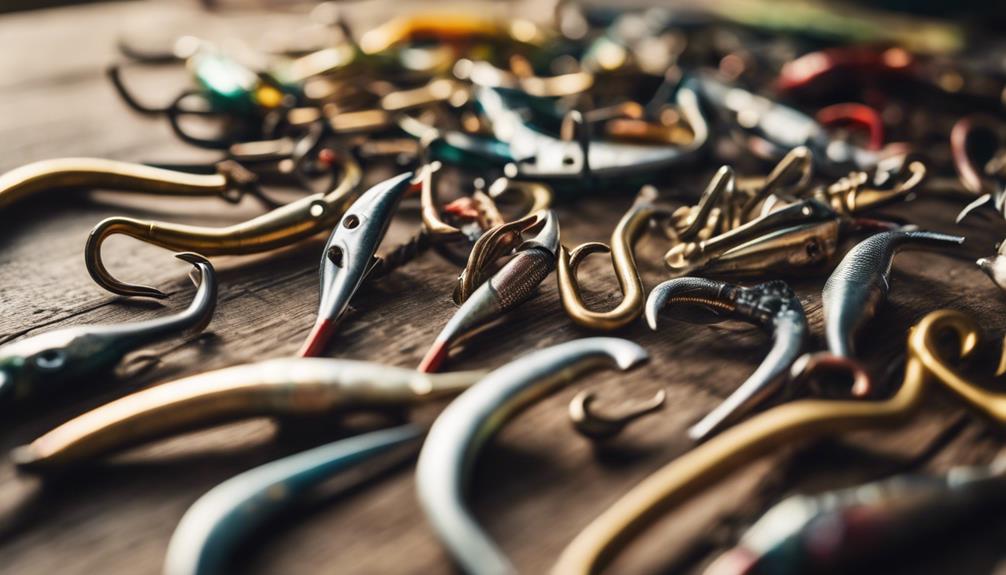Fishing is a beloved pastime for many, offering relaxation and the thrill of the catch. However, before you cast your line, understanding when you need to get a fishing license is crucial. This guide will walk you through the essential information regarding fishing licenses, ensuring you know the regulations in your region and are compliant with the law.
The Importance of a Fishing License
A fishing license is not just a piece of paper; it represents your commitment to responsible fishing practices. Most states require a fishing license to regulate fish populations and ensure sustainable practices. Licensing helps fund conservation efforts and maintains the health of aquatic ecosystems. By obtaining a fishing license, you contribute to preserving water bodies and their inhabitants, ensuring future generations can enjoy fishing as much as you do.
When Do You Need a Fishing License?
Generally, you need to get a fishing license whenever you plan to fish in public waters. This includes lakes, rivers, streams, and coastal areas. However, the specific requirements can vary by state or country, so it’s essential to check local regulations. Some regions offer exemptions for certain groups, such as children, seniors, or disabled individuals. Additionally, many states have designated free fishing days when residents can fish without a license, usually to encourage new anglers. Always verify the local laws to ensure you know when a license is required.
Types of Fishing Licenses
Fishing licenses come in various types, tailored to different needs and fishing activities. The most common licenses include freshwater, saltwater, and combination licenses. A freshwater fishing license allows you to fish in lakes and rivers, while a saltwater license is necessary for ocean fishing. Some states also offer a combination license, allowing fishing in both freshwater and saltwater. Additionally, there are temporary licenses for tourists or those who fish infrequently. Understanding the types of licenses available can help you choose the one that best fits your fishing plans.
Where to Obtain a Fishing License
You can obtain a fishing license through several channels. Most states offer online purchasing through their wildlife or fisheries department websites, making it convenient to get a license from the comfort of your home. Additionally, fishing licenses can be purchased at various retail locations, including bait shops, sporting goods stores, and even some grocery stores. If you’re unsure where to start, check your state’s fish and wildlife agency website for a list of authorized vendors and online options.
Cost of a Fishing License
The cost of a fishing license varies significantly depending on several factors, including your state, the type of license, and your residency status. Generally, residents pay a lower fee than non-residents. For example, a resident freshwater fishing license might cost around $20, while a non-resident license could be upwards of $50. Additionally, many states offer discounts for seniors, military personnel, or disabled individuals. It’s worth noting that these fees often contribute to conservation and habitat restoration efforts, so your purchase helps support the environment.
Fishing License Regulations and Enforcement
It’s important to understand that fishing license regulations are enforced by local authorities. Fishing without a valid license can result in hefty fines and penalties, including confiscation of fishing gear or even criminal charges in severe cases. Regulations may also include specific rules about fishing seasons, size limits, and catch limits, which are designed to protect fish populations. Therefore, always familiarize yourself with the local fishing laws and ensure you have the correct license before heading out.
Exceptions and Special Circumstances
While a fishing license is generally required, there are exceptions and special circumstances where you may not need one. For instance, many states offer free fishing weekends or days when residents can fish without a license. Additionally, children below a certain age (usually 16) often do not require a license, although they may need to follow specific regulations. Furthermore, some states have specific provisions for disabled individuals or veterans. Always check local regulations to determine if you qualify for any exemptions.
Conclusion: Stay Informed and Compliant
Understanding when you need to get a fishing license is an essential aspect of responsible angling. By being informed about the requirements in your area, you not only comply with the law but also contribute to the sustainability of fishing resources. Whether you’re a seasoned angler or a novice looking to cast your first line, obtaining the right fishing license is a crucial step to ensure you enjoy your fishing experience while protecting aquatic ecosystems. Remember to check your local regulations, stay updated on any changes, and always fish responsibly. Happy fishing!
